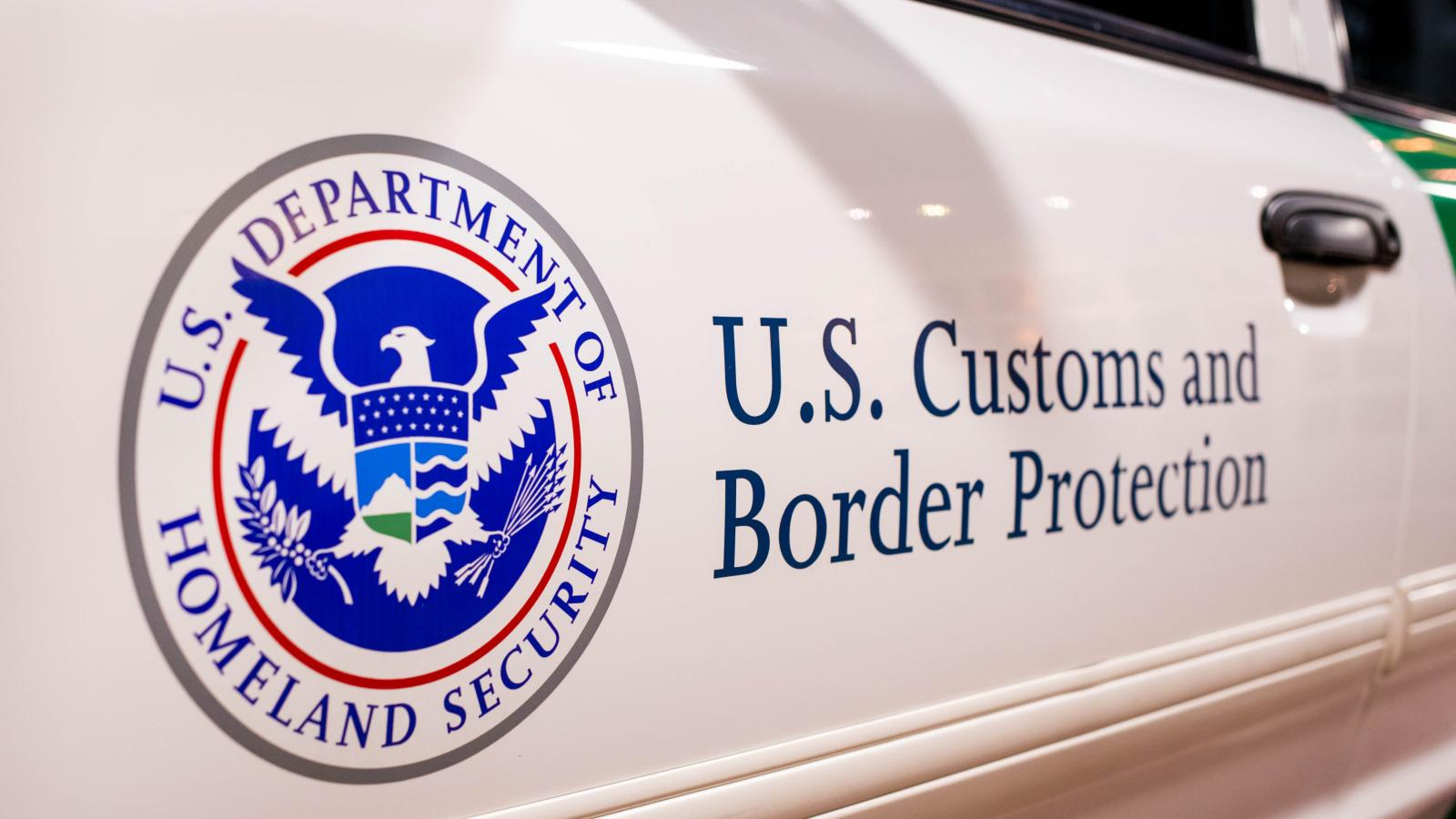The Advantages of CTPAT Membership: Security, Efficiency, and Trade
In an increasingly interconnected global economy, ensuring the security of supply chains is more important than ever. The Customs Trade Partnership...
3 min read
Sarah Velazquez
:
Jan 20, 2025 10:39:49 AM

Introduction:
In our global trade environment, ensuring compliance with security and customs regulations is critical for organizations aiming to protect their supply chains and maintain competitive advantage against their competitors. Various trade compliance programs, such as the Customs Trade Partnership Against Terrorism (CTPAT), Authorized Economic Operator (AEO), and Partners in Protection (PIP), have been established to enhance supply chain security and facilitate smoother customs procedures. Each program offers its own benefits and requirements that are aimed towards different markets and environments. This blog will provide a comparative analysis of CTPAT, AEO, & PIP. It will offer insights to help businesses determine which program would fit their needs as a logistics company.
CTPAT Program:
The CTPAT program was created in response to the 9/11 attacks. CBP launched CTPAT to collaborate with the trade community, encouraging companies to adopt robust security measures. Their goal is to safeguard the flow of goods from risks like terrorism and smuggling, while also streamlining legitimate trade by offering benefits such as expedited processing and fewer inspections. To qualify, businesses must meet specific CTPAT criteria related to physical security, personnel security, and data protection. This program is primarily designed for entities that are part of the U.S. Supply chain. To be eligible, businesses must operate within the U.S. or ship goods to the U.S. The CTPAT program is also beneficial for the Mutual Recognition Agreement that CBP has with other customs administrations. The Mutual Recognition Agreement is also in place to strengthen supply chain security between countries, just like the CTPAT program.
AEO Program:
The AEO program was developed to enhance the security of international trade. This program was initiated by the World Customs Organization (WCO) SAFE Framework of Standards to Secure and Facilitate Global Trade, established in 2005. It aims to streamline customs procedures, reduce trade barriers, and improve the overall safety of supply chains. Features included in this program are security assessment, compliance with customs regulations, and continuous monitoring of Business Partners and inside processes. This program is made specifically for countries outside of the US. An example of these countries is Japan, China, South Korea, Singapore, Australia, New Zealand, Switzerland, European Union countries, Malaysia, Thailand, India, and Hong Kong.
PIP Program:
The PIP Program was established in 1995 by the Canada Border Service Agency (CBSA) to strengthen the security of the Canadian Supply Chain and facilitate legitimate trade. PIP was created to enhance border security by fostering partnerships with businesses who are determined to secure their supply chain. This program includes security assessments, implementation of comprehensive security plans, and regular validation by CBSA. Businesses must meet specific requirements related to physical security, personnel screening, and supply chain management in order to be eligible for the PIP program. If a business is involved in this program, they will have expedited customs clearance, reduced inspections, access to CBSA’s trader programs and a competitive advantage against competing businesses.
Similarities:
CTPAT, AEO & PIP are all programs that are designed to enhance the security of the global supply chain. Each of these are also voluntary programs, not requirements. However, government agencies strongly recommend applying for your designated program due to the substantial benefits they offer. Each program also adheres to security requirements, covering areas like physical, personnel and IT security. The benefits are the same across the board as well. Some of these include faster customs processing, fewer inspections, quicker clearance times, and improved credibility with your business partners.
Differences:
CTPAT, AEO, & PIP is also different. CTPAT is geared specifically towards companies that are in the United States and it is managed by the CBP, AEO is geared specifically towards foreign countries outside of the U.S. and it is managed by the Worlds Customs Organization’s SAFE Framework, and PIP is exclusive to Canada and managed by the Canada Border Services Agency. They are also very different when it comes to Validations being conducted for these programs. For CTPAT, validations involve a site visit and ongoing compliance checks from CBP, AEO validations vary by country but usually include just a review of business practices and security, and PIP validations just require a submission of a security profile and periodic on-site visits.
Conclusion:
While CTPAT, AEO, and PIP share a common goal of protecting the supply chain, each program is tailored to the specific needs and regulatory environments of their specific countries. CTPAT is focused on U.S. security, AEO offers a globally recognized framework, and PIP addresses requirements in Canada. These programs provide significant benefits that help enhance their businesses’ security. It is greatly encouraged by all to join one of these voluntary programs! If you are interested in enhancing your supply chain security through CTPAT, reach out to us here at Veroot – we’re here to help!

In an increasingly interconnected global economy, ensuring the security of supply chains is more important than ever. The Customs Trade Partnership...

See Transcription of the Video below in case you want to read and not watch!

The CTPAT (Customs Trade Partnership Against Terrorism) validation process can be a critical moment for any company aiming to secure and strengthen...